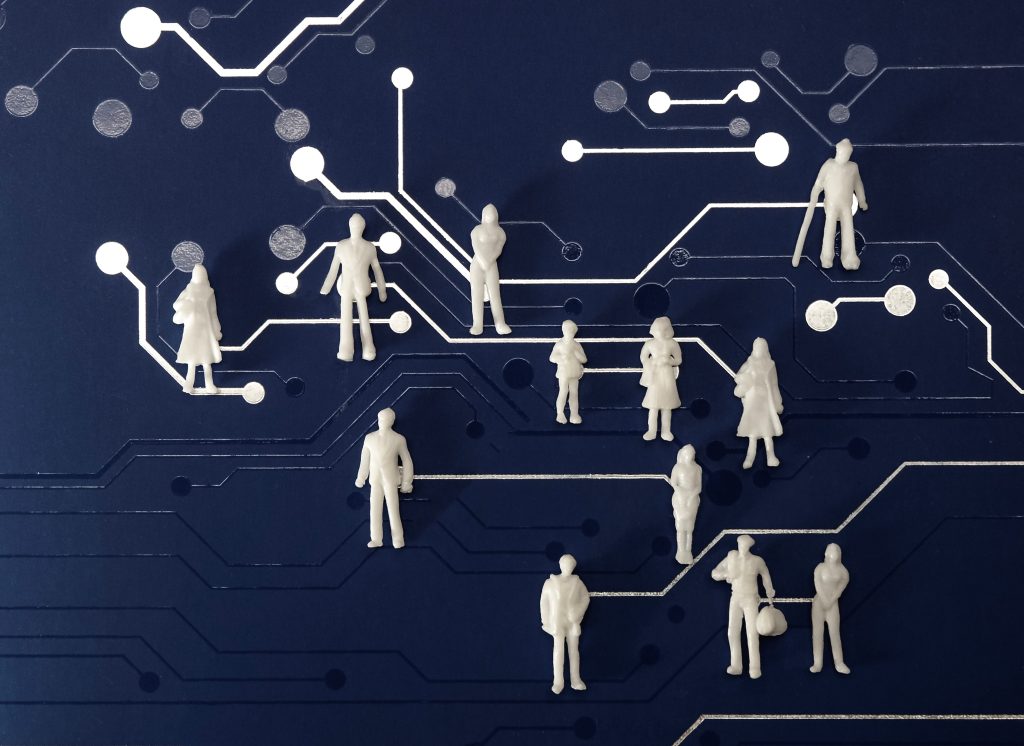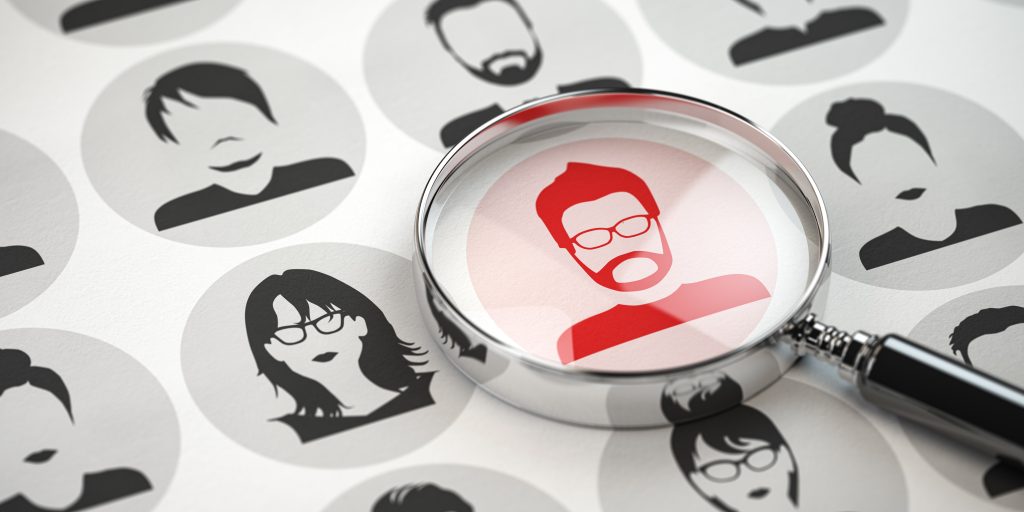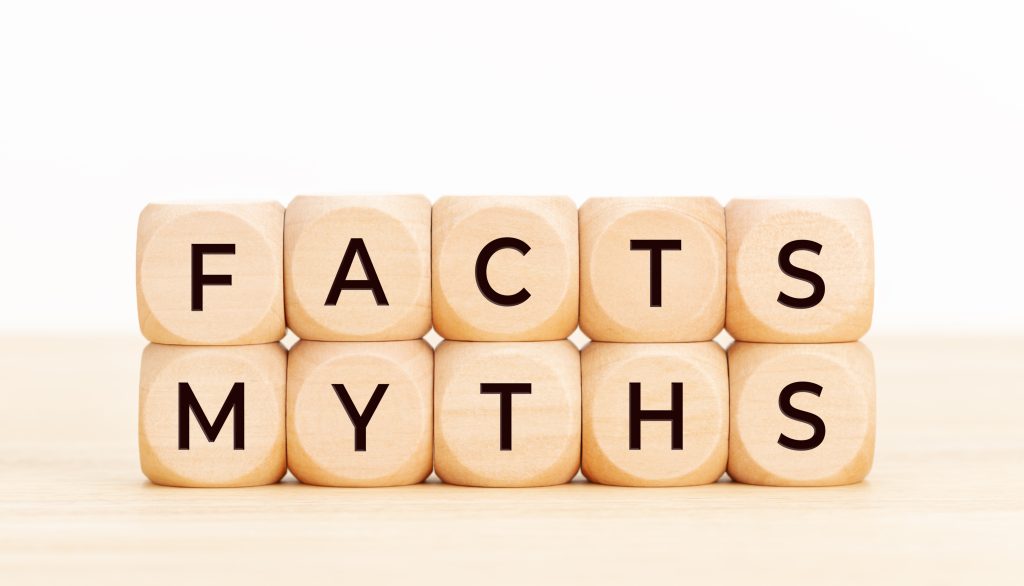Healthcare and life sciences organizations in Japan face strict operational standards — not just in how they treat patients or conduct research, but in how they build their teams. Many of the roles in this sector come with medical, ethical, or legal responsibility. That makes hiring decisions more sensitive — and the need for verification more important.
While background checks aren’t legally required for every healthcare role in Japan, they’ve become a standard step for many hospitals, pharmaceutical companies, and research institutions looking to reduce risk before onboarding.
Why Background Checks Are Used in Healthcare Hiring
In most industries, a hiring mistake might mean poor performance or some internal disruption. In healthcare, the impact can be much more serious — patient safety issues, regulatory breaches, or reputational damage.
Here’s where background checks provide value:
- They confirm licenses and credentials that are legally or ethically required.
- They identify gaps in employment or qualifications that need clarification.
- They protect against compliance failures tied to improper hiring.
- They offer documentation if your organization is ever audited or investigated.
These are not theoretical risks. Healthcare employers in Japan increasingly use background checks to protect their teams and patients, especially in roles involving:
- Direct medical care
- Handling of pharmaceuticals or controlled substances
- Laboratory and clinical research
- Access to health records or patient data
- Regulatory compliance functions
What Employers Typically Verify
There’s no one-size-fits-all background check — and not every role needs everything verified. But here’s what’s most commonly checked in the healthcare and life sciences sector in Japan:
1. Professional Licensing
If the role requires a medical, nursing, or pharmacist license, this should be confirmed with the relevant licensing authority. Make sure the license is active, valid in Japan, and in good standing.
Actionable tip: Always check if the license is prefecture-specific or nationally valid. Requirements can differ depending on role and location.
2. Academic Credentials
Universities and training institutions are contacted to confirm degrees or certifications. For candidates who studied overseas, this often includes document authentication and in some cases, translation or cross-border verification.
3. Employment History
Prior experience in hospitals, clinics, pharmaceutical firms, or labs is confirmed to understand the scope of the candidate’s previous responsibilities — especially if they’ve held regulated or supervisory roles.
4. Reference Checks
These are especially useful for roles involving clinical judgment, team leadership, or independent work. Structured reference checks can surface valuable insights on reliability, decision-making, and adherence to protocols.
5. Work Eligibility and Identity
For non-Japanese candidates, it’s important to confirm legal right to work, visa status, and identity documents. This helps avoid administrative issues down the line.
6. Regulatory or Disciplinary History
While Japan doesn’t have a public national registry for healthcare-related disciplinary actions, it’s still worth asking about past investigations, suspensions, or terminated licenses — with the candidate’s consent and in line with privacy rules.
Common Mistakes to Avoid
Even well-structured organizations sometimes miss important steps in background screening. A few things to watch for:
- Assuming all credentials are already verified because a candidate worked at a reputable hospital. Prior employers may not have checked deeply.
- Skipping reference checks in research roles. Even in non-clinical jobs, ethics and data handling matter.
- Delaying international verification for foreign-trained professionals. This often takes longer than local checks — especially when involving institutions with limited English-language support.
Legal and Cultural Context in Japan
Under Japan’s Act on the Protection of Personal Information (APPI), you must get written consent from the candidate before conducting any form of background screening. This includes academic and employment verification, even if you’re only contacting public institutions.
It’s also worth noting that in Japanese workplace culture, hiring is still seen as a commitment. Verifying credentials before offering a role can avoid more difficult conversations later.
When Screening Is Most Useful
Not every healthcare hire needs an in-depth check. But here are a few scenarios where screening adds clear value:
- You’re hiring for roles requiring national licenses (nurses, physicians, pharmacists).
- You’re onboarding foreign professionals or returnees with overseas education.
- The role involves handling of patient data, medications, or lab materials.
- Your organization is subject to third-party audits, or works with public-sector funding.
In these cases, a missed step in the hiring process can create bigger problems later — whether through compliance issues, internal errors, or loss of public trust.
Final Thoughts
Hiring in healthcare and life sciences is different from other sectors. There’s more risk, more regulation, and more responsibility. A background check won’t prevent every problem, but it gives your team a clearer picture of who you’re bringing in — and helps avoid surprises once they’re already on the job.
For most employers in Japan, background screening isn’t about being cautious — it’s about being thorough. And in healthcare, that’s not just reasonable. It’s necessary.


















